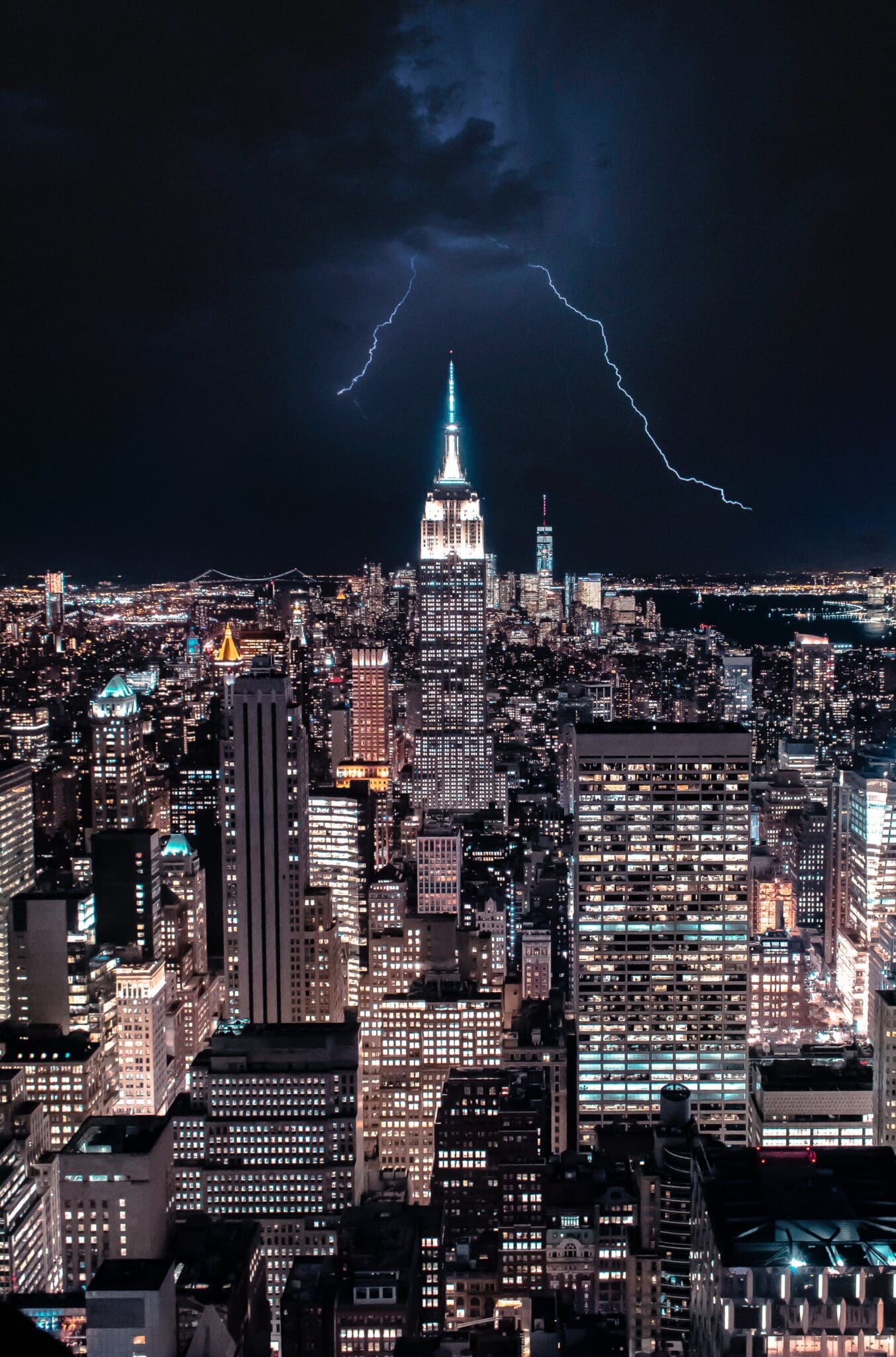A trucker boycott of New York City over the recent Trump verdict may cause an increase in the cost of living for residents, say truck drivers.
Judge Arthur Engoron this month barred Trump from doing business in New York for three years, fined him over $355 million in damages — totaling over $464 million with interest — and fined his two sons Eric and Donald Jr. $4 million each.
The ruling is being seen as political given that no one was defrauded and there was no victim in the case. Trump was accused of inflating the worth of his Mar-a-Lago property to secure loans, all of which he repaid. Political pundits also note that State Attorney General Letitia James campaigned on a promise to oust Trump. Judge Engoron, a lifelong Democrat donor who referred to Trump as “just a bad guy,” posed smiling for the cameras during the trial.
Truckers responded to the verdict by promising to boycott New York City. An independent truck driver who calls himself Chicago Ray said on social media that many truckers will be refusing loads to the Big Apple.
But the boycott may not necessarily result in empty supermarket shelves. According to Chicago Ray, companies desperate to get their goods to New York City are now offering more money in light of the boycott. One trucker who initially refused jobs to the Big Apple reportedly accepted a load after being offered 30% more.
“If people in New York City gotta pay 30% more for milk and eggs, that’s going to hit. That’s going to bite over the course of time,” said Chicago Ray in a video posted to X. “It looks like in order to offset some of the loads that are being refused they’re going to start paying more to get them there,” he added.
“New York City, get ready to start paying more for your groceries,” the trucker warned.
The boycott comes amid a global trucking shortage that may give truck drivers more leverage in which loads they take. According to a November report from the International Road Transport Union (IRU), over three million trucking positions are vacant across 36 countries, amounting to about 7% of positions worldwide. The number is expected to hit seven million by 2028.
At least 50% of road transport operators are struggling to find skilled drivers, with many losing clients and revenue, said the report.
“The consequences of such a shortage are already harming the communities, supply chains and economies that depend on our industry,” IRU Secretary General Umberto de Pretto. “We cannot allow driver shortages to get any worse. Operators are doing their part, but governments and authorities need to increase efforts to improve working conditions and access to the profession.”




